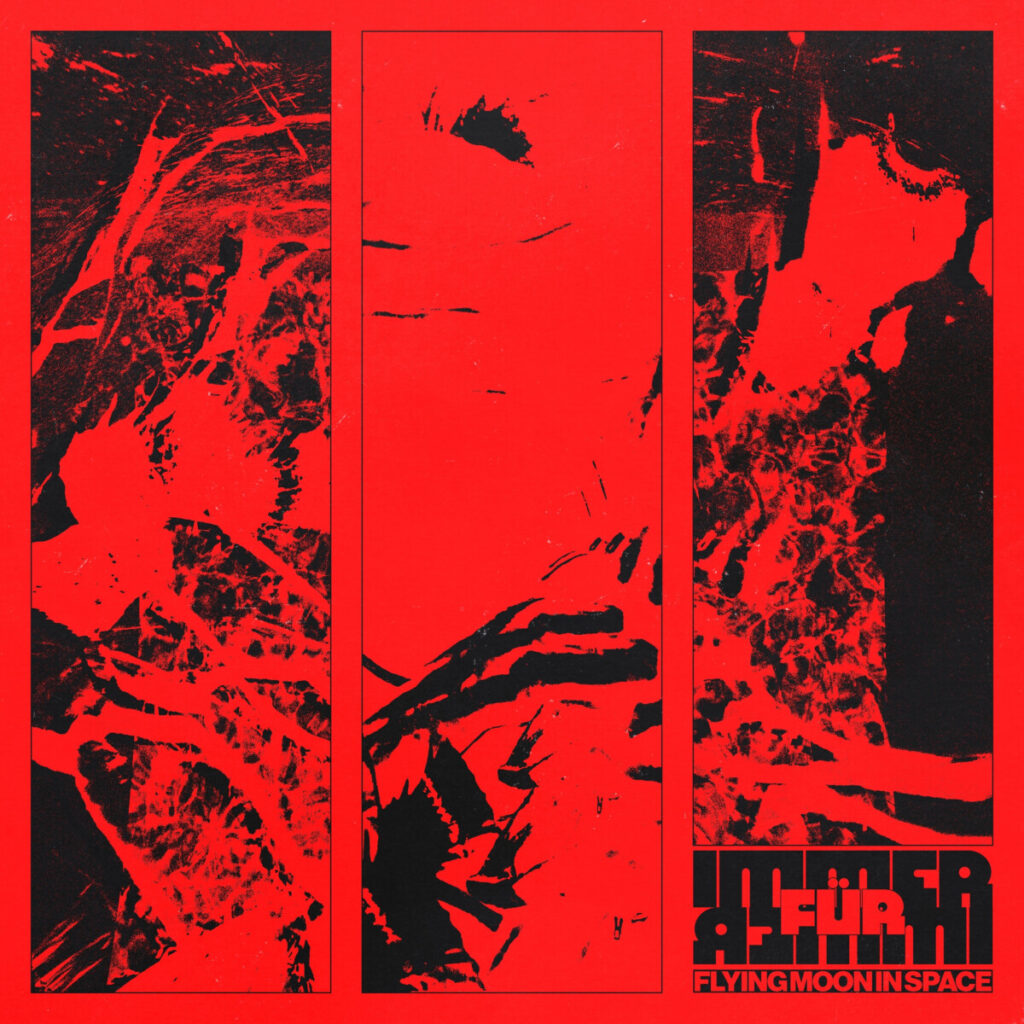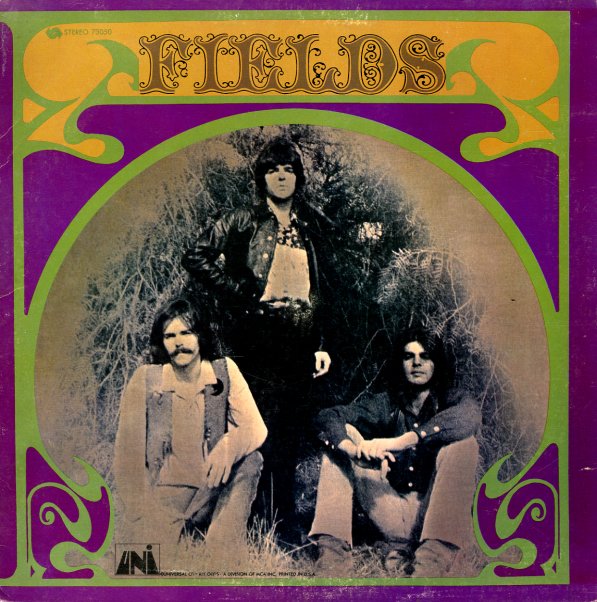Sweet, Wild, and Vicious–Book Review
Sweet, Wild, and Vicious–Book Review
Listening to Lou Reed and the Velvet Underground
Jim Higgens, the author of “Wisconsin Literary Luminaries: From Laura Ingalls to Ayad Akhtar” and editor for the Milwaukee Journal Sentinels, released a new book, “Sweet, Wild and Vicious: Listening to Lou Reed and the Velvet Underground“, on April 19th, that is the regaling of rock icon Lou Reed’s entire musical career and cataloging of his discography. From The Velvet Underground’s first album to the most recent posthumous collection, the book chronicles them all by release date, and it provides insight into the artists involved in his projects and their relationships with Reed, as well as the background of these works, lyrical analyses, and Higgens’ opinion of Reed’s songs and albums.
With an impressive breadth of knowledge that clearly illustrates his passion for the subject, Higgens’ writing flows effortlessly from page one. Whether recounting the politics that dissolved The Velvet Underground, the striations of 50s rock n’ roll that comprised the essence of Lou Reed’s music, his reverence of Reed’s refusal to adhere to patterns set up by his early contemporaries, The Beatles, or taking a critical look at the bumps in Reed’s career,
With an impressive breadth of knowledge that clearly illustrates his passion for the subject, Higgens’ writing flows effortlessly from page one.
Higgens’ long-time admiration and adoration for Lou Reed as a musician is blatant. While reading this book, it felt clear that Higgens was talking about one of his favorite artists, and it’s this fondness that makes criticisms seem more doting than analytical, often placing blame on environmental factors and other musicians (particularly his disdain for Doug Yule).
The issue with “Sweet, Wild and Vicious” arises when the author’s ego bleeds onto the page. Between the criticisms of musicians, the degrading of some of the best experiments conducted by Reed or The VU, and jabs at what can only be presumed to be the younger generation of listeners, Higgens comes off as being something of a purist in his assertions and a tool in the jargon he decides to use. A low point sees Higgens compare “Sweet Jane” to “Free Bird” by Lynyrd Skynyrd.
The issue with “Sweet, Wild and Vicious” arises when the author’s ego bleeds onto the page. Between the criticisms of musicians, the degrading of some of the best experiments conducted by Reed or The VU, and jabs at what can only be presumed to be the younger generation of listeners, Higgens comes off as being something of a purist in his assertions and a tool in the jargon he decides to use. A low point sees Higgens compare “Sweet Jane” to “Free Bird” by Lynyrd Skynyrd.
The issue with “Sweet, Wild and Vicious” arises when the author’s ego bleeds onto the page
“Sweet, Wild and Vicious” is at its best when Higgens isn’t doing any of that and instead uses his extensive knowledge of music and music history to contextualize a sound that Lou Reed was emulating or to provide a narrative backdrop for the behind-the-scenes of an album, which is especially interesting in the case of Songs for Drella, the album for which Lou Reed reunited with John Cale in memorial of Andy Warhol shortly after Warhol’s passing, or The Matrix Tapes, a posthumous live album release that’s a personal favorite of mine. Too often, however, details are omitted for brevity, which is forgivable considering the number of albums covered but most take up only a few pages of space as the total page count comes in at well over two hundred.
Gallery
Recent Articles
Immer Für Immer by Flying Moon in Space–Album Review
•
February 13, 2026
Vinyl Relics: Fields by Fields
•
February 10, 2026

Loading...
Vinyl Relics: Would You Believe with Billy Nicholls
- Farmer John



